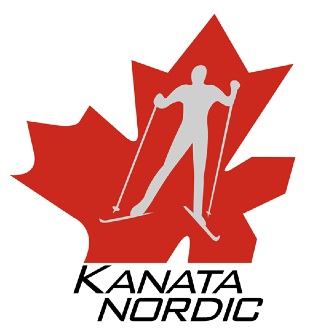Getting there and settling in
Despite many uncertainties and unknowns in the plans I am off for a 7:00 a.m. flight to Vancouver and then on to Whistler, and the Whistler Olympic Park to act as a forerunner for the cross country and biathalon events for the Paralympics. On a whim, and after the deadline, I had applied to be a forerunner back in July 2009 only after coming across an old announcement on the CCC website. Sometime in September I was advised unofficially that I was accepted. This was really cool, and definitely a once in a life time opportunity. A month or two went by before I decided maybe I should be hearing something more. CCC indicated that yes, someone at VANOC would be in touch. By mid-December, I still did not not have any news, and contacted them directly. Ooops, somehow, I was not on the e-mail list!!
Mid January brought something official and I booked my tickets. More silence ensued and finally a flurry of e-mails arrived up to and beyond the night I had to pack. Despite the e-mails, many of the details were unknown, such as what day my accommodation would be available, how I was to get there etc. Of course as most nordic skiers do, we forge on, despite not knowing exactly lies ahead. As a volunteer I also appreciated that much of the work and organization at the Olympics is done by volunteers.
Fortunately, I had volunteered to arrive early in order for the broadcast crews to do a dress rehearsal in advance of the competitions. Along with a couple other foreruners we discovered over the next two days that not all the instructions worked out exactly as expected, but this paved the way for everyone else.
In Vancouver I was greeted by lush green grass and cherry trees in blossom at every corner. This of course seemed rather foreign for a nordic skier from Ottawa headed to Whistler for nordic skiing. All the way up the Sea to Sky Higway and into Whistler the lack of snow did not look very promising, but there is a good reason that the Olympic Park was located in the Callaghan Valley, there apparently , almost always is snow.
As an indication of the week ahead my first day in Whistler involved a multitude of bus rides, a sea of blue jacketed volunteers (aka the smurfs). It was also apparent that each volunteer knew exactly what they have to do, however, very few of them know how things work beyond that. This of course, means that you may have to ask 4 or 5 people before you get the information you need.
Accommodation is at what was the athlete village for the Olympics. With less athletes at the Paralympics, the inner area of the “village” is separated by a fence and constitutes the Athlete’s Village. The workers live outside the fence in a series of town homes and construction type trailers. Fortunately the forerunners are in a town house. The houses are constructed as a dorm with bedrooms and washrooms and no cooking areas or living rooms. Once the games are over an area of the house will be renovated to include the normal amenities and the homes will be sold to individuals. As part of the Olympic Legacy the homes are to be sold at affordable prices to workers from Whistler and area. Individuals may apply to purchase a home but must demonstrate that they work in the area and are simply not speculating on real estate.
That’s all the news for now!
Mike Duivenvoorden
